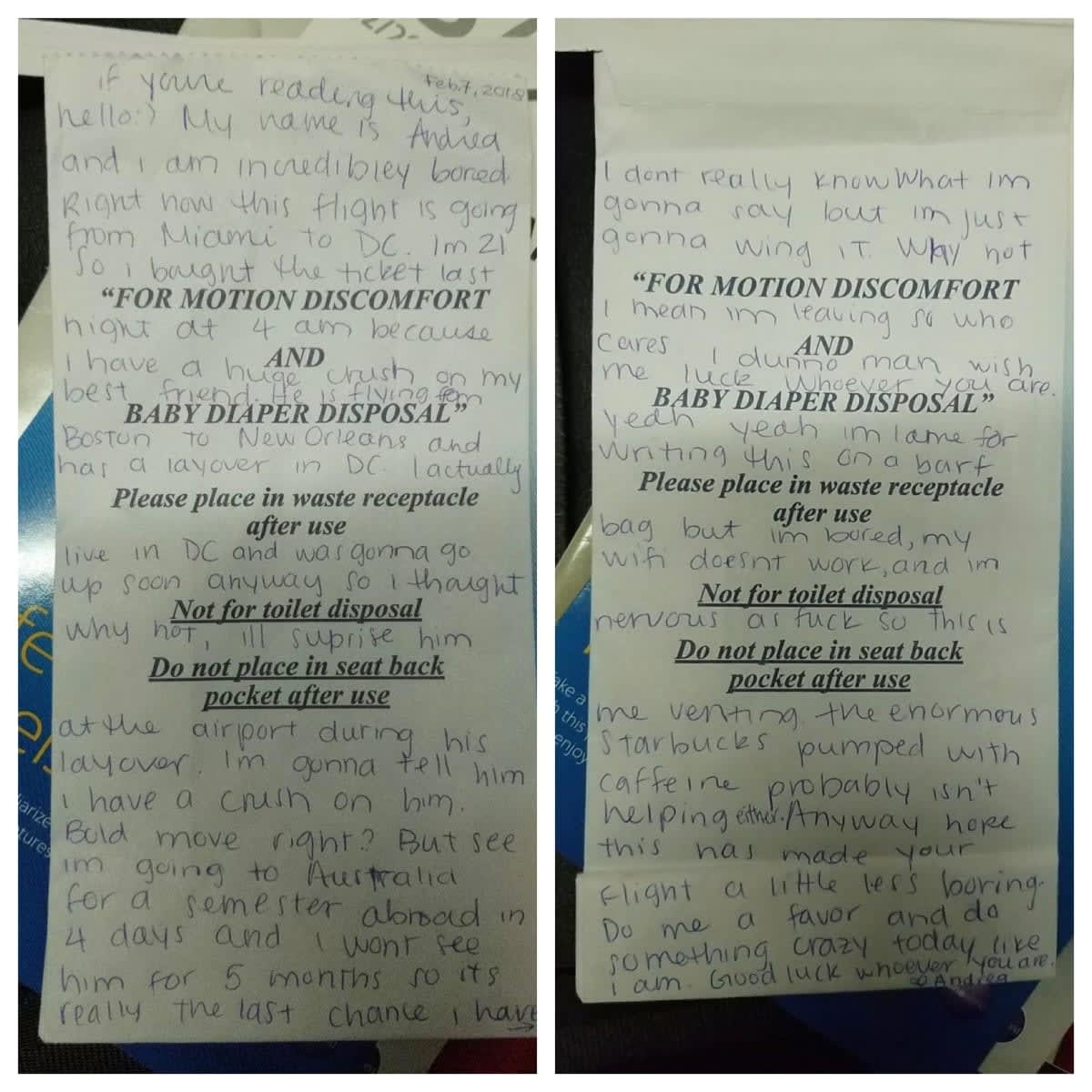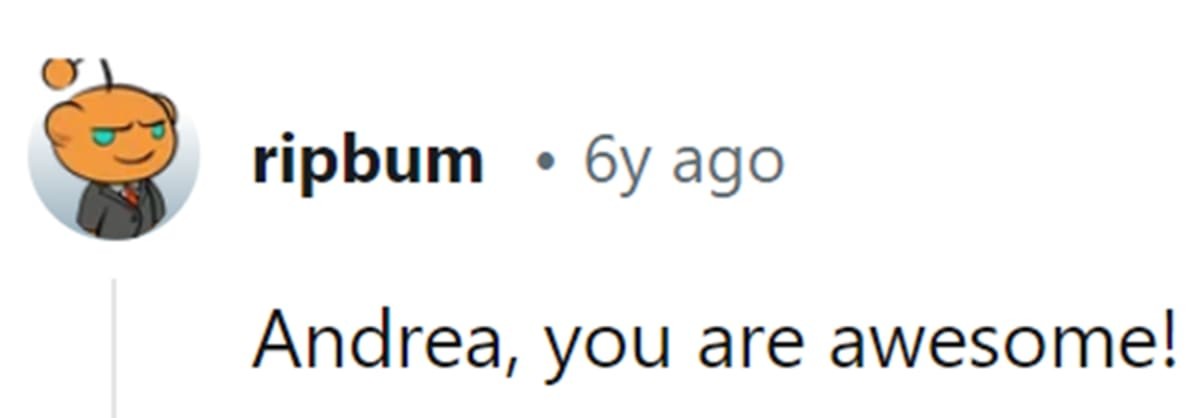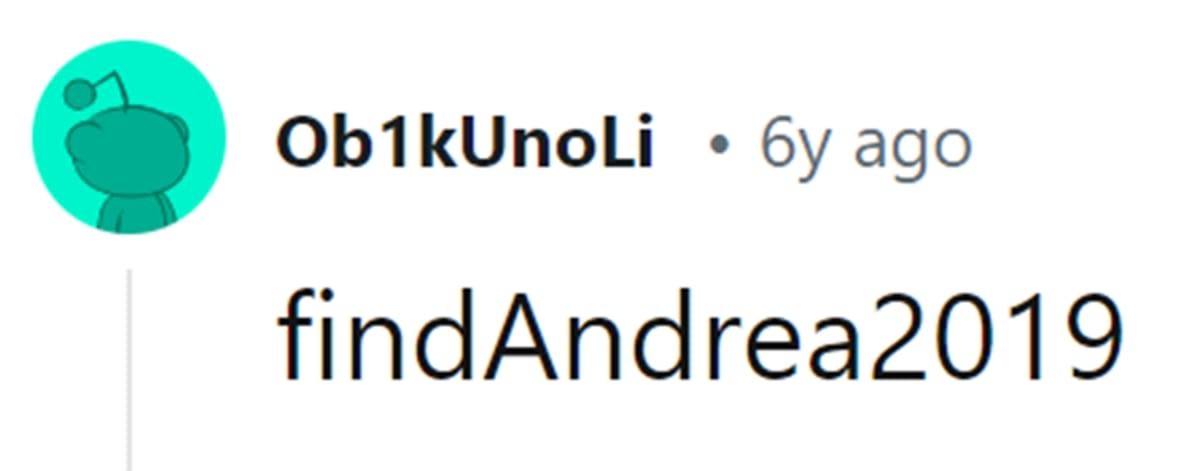Love can give you butterflies and lead to some quirky actions, like writing a love confession on a barf bag. Meet Andrea, whose in-flight note has the internet buzzing. While on a flight, she got so bored that she wrote a sweet confession, later found by an airline staff member who posted it online. The letter has since gone viral, and now strangers are on a mission to uncover the identity of her mystery crush.

“If you’re reading this, hello! My name is Andrea and I am incredibly bored. Right now this flight is going from Miami to DC,” The passenger had scribbled in the note. “So, I bought the ticket last night at 4 am because I have a huge crush on my best friend. He’s flying from Boston to New Orleans and has a layover in DC.” She explained that since she lived in DC, she was anyway going to fly there, but since she was going to leave for Australia in four days for a semester abroad, this was urgent. She needed to get to the airport, surprise her man, and tell him that she had a crush on him.

“Bold move right? But see I’m going to Australia for a semester abroad in 4 days and I won’t see him for 5 months so it’s the last chance I have,” she wrote. “I don’t really know what I’m gonna say but I’m just gonna wing it. Why not I mean I’m leaving so who cares? I dunno man, wish me luck whoever you are.”
She explained that she was bored, her WiFi wasn’t working, and she was nervous, so writing the note seemed like a good idea. The caffeine from Starbucks didn’t help either. “Anyway, hope this has made your flight a little less boring,” she metaphorically sighed, ending the note with a heartfelt message, “Do me a favor and do something crazy today like I am. Good luck whoever you are.”

Dated February 7, 2018, the note was written on an airline barf bag. The flight member who found it, u/ho_riene, posted snapshots of the note from the front and back sides and wrote, “Found this in the back pocket of a seat on an aircraft I was cleaning last year.” The post was shared in the r/pics group and has garnered over 50,000 upvotes and more than a thousand comments.

Andrea’s sweet confession note left people in suspense, eager to know what happened next, like a cliffhanger in a romantic movie. u/dailydoseoferik said that this seems “like the start of a rom-com.”

Others turned into sleuths, trying to crack the mystery of who this woman Andrea is, and what happened to her love story. One of them, u/ostonero, pondered on two of her statements, analyzing them for timescale, “She says, ‘I actually live in DC and was gonna go up soon,’ but then says ‘I’m going to Australia for a semester abroad in 4 days.’ So when was she planning on going home?” u/dauphinbones guessed, “Maybe she was going home for a few days to pack for her abroad trip?”

Another detective, u/friedmackerel, reflected on Andrea’s statement about her going to an Australian university to study, analyzing several university programs available in Australia at that particular time. They also said, “Maybe Google combination of her name, university, and semester should provide a hit, guessing there won’t be many an Andrea from DC who went to these three institutes as a transfer student for that semester!”

u/noeleraser recalled their own similar experience, “About 30 years ago, I did something similar. I wrote a letter on one of the pages of a magazine on the plane. I left my home address and several months later, someone took the time to write me and send me a letter. At the time I was a kid and it was one of the most exciting things that ever happened to me at the time.”
People are still seeking updates on Andrea, but none have surfaced yet. “I feel kind of cheated, knowing I’ll never know what happened with these two, it seems like a sweet love story but we’ll never know for sure,” said u/xool420.

u/ho_riene said she put the note back in the aircraft pocket and Redditors are hoping someone else will read it there. The mystery of the passenger’s love interest hasn’t been solved yet, but as u/ho_riene said in the caption, “Wherever you are, I hope it went well for you.”














